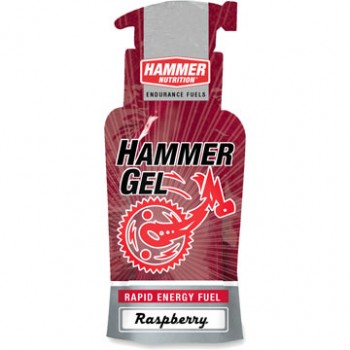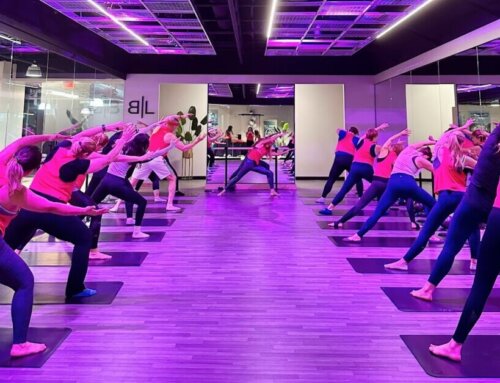
Ever realize at the end of the race, that things did not go as well as planned? It may be a result of poor training, but more likely your nutrition plan (or lack of) was the culprit. Most of us do not put enough emphasis on our nutrition plan. Here are a few things to keep in mind.
First off, don’t try anything new on race day. Use what you have used in training. Don’t let expo ‘experts’ talk you into a new nutrition bar or solution to use. It may not agree with you. Then all that precious training is wasted with poor results instead. Train with it. Then race with it.

If you can’t use what is on the course, then you have to take fuels with you. Always pack what you need for your races before you leave home. You may not find it at the expo. Make a list of what you need. Check the list twice before you leave home. .
If you take it with you, make sure you train with it on you. For example, if you are running a marathon, then you will have to find a way to carry your fuels with you. Don’t wait til the night before to try a new Ultimate, Fuel Belt or Camelback (the chaffing rash may be too much pain to handle). It may be uncomfortable once you add gels, or fluids slosh too much. Find a holder you are comfortable with long before you get to the start line. Try it in training. You won’t wonder how to take your fuels with you.

Don’t over-eat or under-eat. Your body will generally absorb between 200-350 calories per hour (even if you are burning over 700 calories per hour). Better to eat less per hour – you can always take a gel for that quick energy boost. But taking too many calories will shut your stomach down. Don’t try to cram in calories on the bike to help you for the run! Try combinations of gels, powders and bars during training. Try them at different levels of exertion. Sometimes the harder you push yourself, the less you will be able to eat. The longer you go, the more sensitive your body will become to simple sugars and electrolyte loss.

And don’t forget about sleep. It does play a key role. Not enough will definitely impair your racing ability and your bodies ability to handle foods and electrolytes. Try to get as much sleep as you can 2-3 days before the race. That way if you do not sleep well race night, then you won’t be totally in a daze. Don’t take a sleeping pill as you may wake up groggy and in a fog. Try chamomile tea, relaxation and deep breathing techniques like yoga. Try to avoid alcohol the night before – it may get you to the start line dehydrated.
Training is more than just getting the muscles ready for racing. You need to keep your nutrition in check as well. From taking the fuels you use on the course to making sure it works before you head to the start line. Be consistent with what you do. And always try it at least 2-4 weeks before the race. A poor nutrition plan could be the reason you fail to reach your race goals. Eat smart, train smart, and race smart.
Joanna K Chodorowska, BA, NC is a nutritionist, swim coach and competitive triathlete. She founded Nutrition in Motion in North Wales specializing in personalized nutrition programs for athletes, triathletes and health minded individuals including the 8 Week Nutrition Boot Camp. Better health thru better nutrition education….one meal at a time. Joanna is also a private swim coach. Her website is www.nutrition-in-motion.net for more information.
We Are Supported By:





Join Our Community. Click here to learn more







